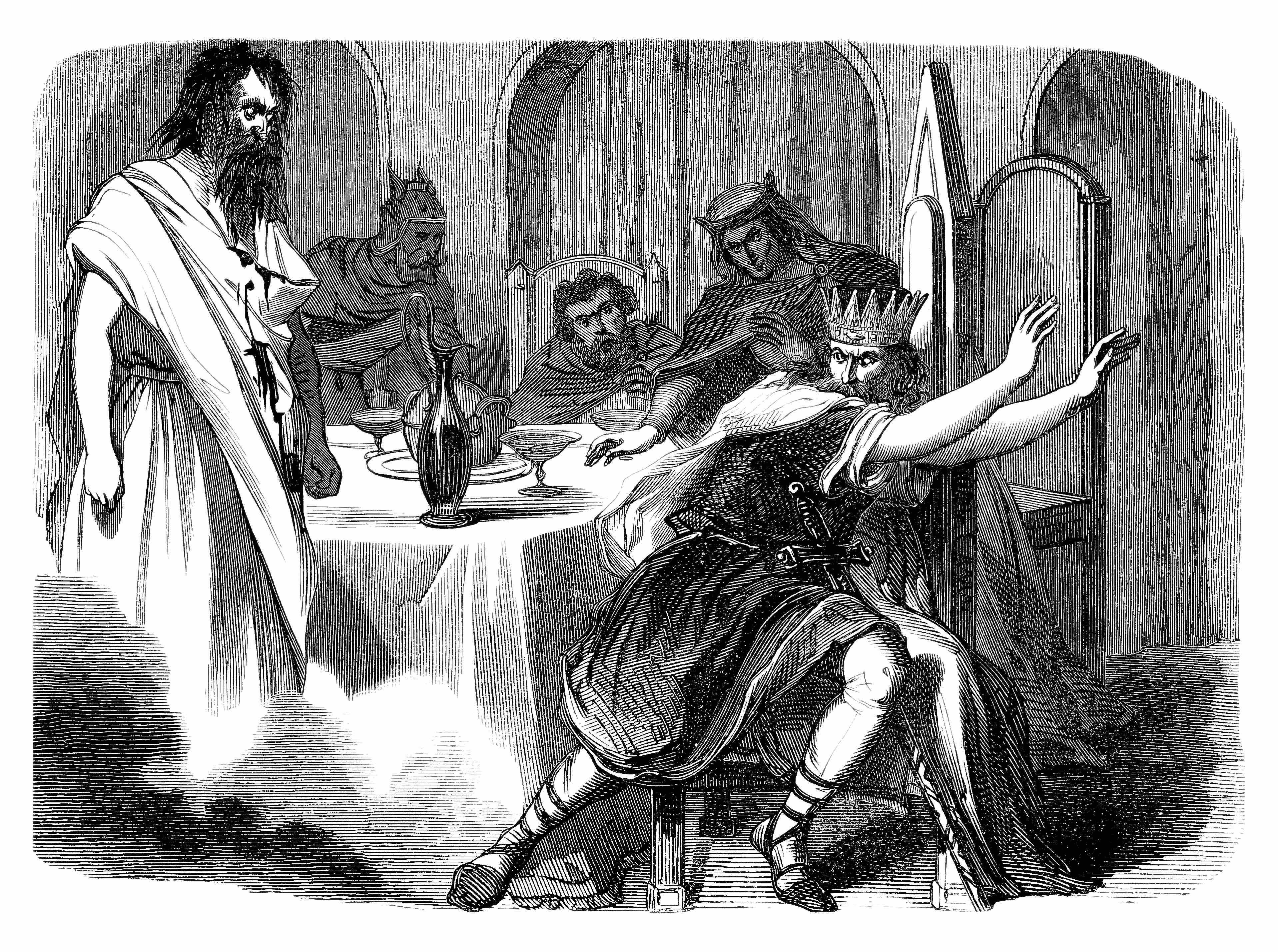
Macbeth, one of William Shakespeare’s most renowned plays, is a gripping tale of ambition, power, and the destructive consequences of unchecked desire. This tragic masterpiece has captivated audiences for centuries with its complex characters, dramatic plot, and profound exploration of human nature. In this article, we delve into 20 fascinating facts about Macbeth that shed light on its historical context, literary significance, and enduring legacy.
Historical Inspiration
Macbeth draws inspiration from the life of a real Scottish king, Macbeth of Scotland. Although Shakespeare took creative liberties with the historical events, the play is loosely based on Macbeth’s rise and fall from power during the 11th century.
Supernatural Elements
Supernatural elements play a crucial role in Macbeth. The three witches, also known as the Weird Sisters, prophesy Macbeth’s future and ignite his ambition. The presence of these witches and their eerie incantations contribute to the play’s atmosphere of darkness and foreboding.
“Fair is foul and foul is fair”
The famous line “Fair is foul and foul is fair” captures the central theme of the play—the deceptive nature of appearances. Macbeth explores the idea that things are not always what they seem, as characters conceal their true intentions behind a facade of virtue or wickedness.
Ambition and Guilt
Macbeth’s tragic downfall is driven by his insatiable ambition and the guilt that plagues him after committing regicide. The play delves into the psychological consequences of ambition and the moral dilemmas faced by those who pursue power at any cost.
Tragic Hero
Macbeth is often considered a tragic hero—a character with admirable qualities who experiences a downfall due to a fatal flaw. In Macbeth’s case, his ambition and susceptibility to manipulation lead to his tragic demise.

The Curse of the Play
Superstition surrounds Macbeth due to a long-standing theatrical tradition. It is believed that uttering the name “Macbeth” inside a theater brings bad luck. Actors and theater professionals often refer to the play as “The Scottish Play” to avoid invoking the curse.
Unforgettable Characters
Macbeth features memorable characters who have become iconic in the world of literature. From Lady Macbeth’s relentless ambition to the enigmatic witches and the tormented Macbeth himself, Shakespeare’s vivid characters continue to captivate audiences.
Shakespeare’s Shortest Tragedy
Macbeth is one of Shakespeare’s shortest tragedies, consisting of only five acts. Despite its brevity, the play packs a punch with its intense pacing, high stakes, and profound exploration of human nature.
The Porter Scene
The Porter scene in Macbeth provides a brief moment of comic relief amidst the play’s intense atmosphere. The Porter, a drunken gatekeeper, delivers a humorous monologue, offering a temporary reprieve from the dark and tragic events unfolding.
Sleep and Sleeplessness
The motif of sleep and sleeplessness runs throughout Macbeth, symbolizing guilt, conscience, and the unraveling of the characters’ sanity. Lady Macbeth’s famous sleepwalking scene, where she tries to wash imaginary bloodstains from her hands, is a haunting portrayal of guilt-induced madness.
Famous Quotations
Macbeth is renowned for its powerful and oft-quoted lines. From Lady Macbeth’s “Out, damned spot!” to Macbeth’s “Is this a dagger which I see before me?”, the play has left an indelible mark on the English language and popular culture.
A Play of Many Firsts
Macbeth is a play of many firsts. It is believed to be the first play in which Shakespeare employed witches as significant characters, and it was the first time he explored themes of political ambition and regicide with such intensity.
Shakespeare’s Political Commentary
Macbeth can be seen as Shakespeare’s commentary on the corrupting influence of power and the political instability of his time. By examining the consequences of Macbeth’s tyrannical rule, the play serves as a cautionary tale against unchecked authority.
The Curse of Ambition

Macbeth illustrates the tragic consequences of unbridled ambition. As Macbeth and Lady Macbeth climb the ladder of power, they sacrifice their morality and sanity, ultimately leading to their downfall.
Adaptations and Influence
Macbeth has inspired numerous adaptations across different artistic mediums, including films, operas, and novels. Its themes of ambition, guilt, and the human condition continue to resonate with audiences and artists alike.
Final Word
Macbeth stands as a testament to Shakespeare’s unparalleled mastery of storytelling and his profound understanding of human nature. Through its exploration of ambition, guilt, and the corrupting influence of power, Macbeth continues to captivate audiences and provoke introspection. Its timeless themes, unforgettable characters, and haunting passages ensure that Macbeth will forever hold a cherished place in the world of literature.
Frequently Asked Questions (FAQ)
Is Macbeth a real historical figure?
While Macbeth of Scotland was a real Scottish king, Shakespeare took creative liberties with the historical events and characters. The play is a dramatized version of Macbeth’s story rather than a factual account.
What is the significance of the witches in Macbeth?
The witches in Macbeth serve as agents of fate and manipulation. They prophesy Macbeth’s rise to power and fuel his ambition, ultimately leading him to his tragic downfall.
Why is Macbeth considered a tragedy?
Macbeth is considered a tragedy because it explores the downfall of a protagonist of noble birth due to a fatal flaw—in this case, Macbeth’s unchecked ambition and moral decline.
What is the Macbeth curse?
The Macbeth curse refers to the superstition that speaking the name “Macbeth” inside a theater brings bad luck. To avoid invoking the curse, actors and theater professionals often refer to the play as “The Scottish Play.”
What are some notable adaptations of Macbeth?
There have been numerous notable adaptations of Macbeth, including film adaptations by renowned directors like Roman Polanski and Akira Kurosawa. Additionally, Verdi’s opera “Macbeth” and Jo Nesbø’s novel “Macbeth” are acclaimed adaptations that reimagine the story in different contexts.
Was this page helpful?
Our commitment to delivering trustworthy and engaging content is at the heart of what we do. Each fact on our site is contributed by real users like you, bringing a wealth of diverse insights and information. To ensure the highest standards of accuracy and reliability, our dedicated editors meticulously review each submission. This process guarantees that the facts we share are not only fascinating but also credible. Trust in our commitment to quality and authenticity as you explore and learn with us.
